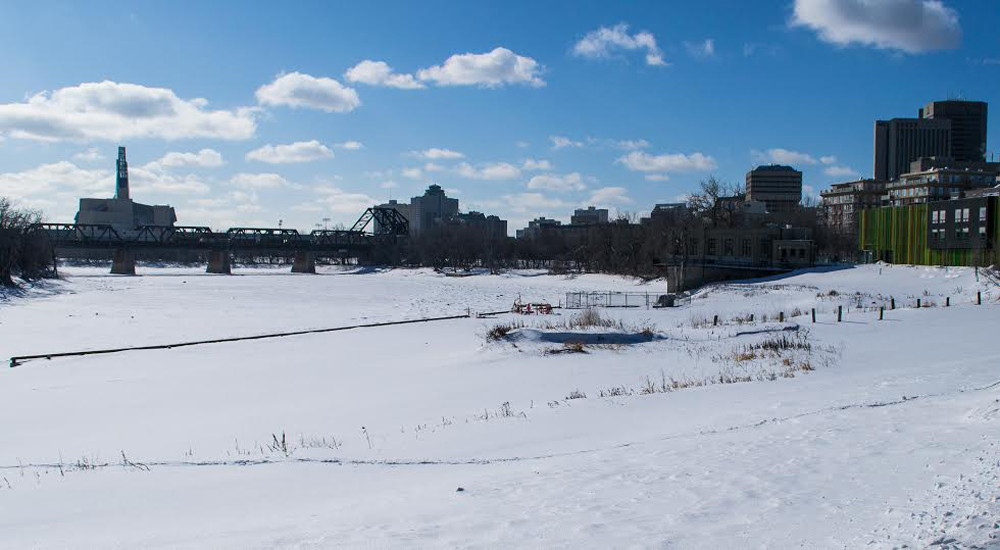Attacking Winnipeg Won’t End Racism
Why Maclean’s article serves no real purpose
If you managed to get through Nancy Macdonald’s Toronto-centric critique of Winnipeg, all 5762 words of it, and felt offended, you weren’t alone. The highly publicized article, which appeared on the front page of Maclean’s magazine, does little to address the issue of racism in our society, but many felt like it was a slap in the face for Winnipeg.
Beginning the article by relying on a single Facebook post coupled with the snide suggestion that not many noteworthy people have come out of Winnipeg immediately puts the author’s credibility in doubt.
There is no doubt that racism exists in Winnipeg and Manitoba. It also exists in Ontario, the United States and Europe. It takes different forms everywhere and you can’t simply compare the relationship between white people and indigenous people in Canada to the relationship between white people and black people in the southern United States. And you certainly can’t imply that Winnipeg is the most racist city in Canada based on a few isolated incidents. Maybe it is and maybe it isn’t. The point is highly irrelevant.
That is where most people take issue with Macdonald’s article. It appears to paint all Winnipeggers with the same brush. Emotional, anger-filled rants by three individuals - Brad Badiuk, Lori Steeves and a disgruntled Grant Park shopper who the author fails to identify - does not mean Winnipeg is a city full of racists.
Then there is the claim that Winnipeg doesn’t celebrate its First Nations heritage. This claim doesn’t make sense, especially since Macdonald - who grew up in Winnipeg - should know about the pow-wow dances at The Forks and has probably driven past Thunderbird House on Main Street, a building with strong ties to indigenous culture.
What about the statement that Winnipeg does not provide equal opportunity for indigenous people? Perhaps Macdonald thinks tuition that is often free isn’t enough? According to the Toronto Star, “The federal government provides money to First Nations and Inuit communities to pay for tuition, travel costs and living expenses. But not all eligible students get support because demand for higher learning outstrips the supply of funds. Non-status Indians and Metis students are excluded.”
Additionally, there is the case of self-declaration during job recruitment in the public sector - in some cases. Again, according to the Star, “In the federally regulated workforce, the Employment Equity Act requires employers to increase the representation of four designated groups: aboriginal peoples, women, members of visible minorities and individuals with disabilities.”
Indigenous people deal with issues that are completely foreign to many Winnipeggers, including myself, but it’s wrong to say that Winnipeg doesn’t provide our indigenous citizens with equal opportunity.
Racism is bred into our culture here in Canada. Many indigenous peoples have hostile attitudes towards white people and vice-versa. These attitudes seem to live on from generation to generation. This is the unfortunate legacy of the residential school system.
That’s the reason no prime minister in recent memory has attempted to solve this problem, other than throwing taxpayer money at it. Clearly, this issue isn’t going away any time soon.
Winnipeg is home to roughly 70,000 First Nations and Métis people. It is also home to many more people who come from other diverse backgrounds. When you have that mix, racism is going to surface from time to time.
Canada is a multicultural nation and with multiculturalism comes racism. It’s a serious social dilemma and it won’t be solved by a magazine article
attacking Winnipeg.
Nolan Kowal is graduating with a degree in Rhetoric and Communications this April. He plans to attend Red River College’s Creative Communications in the fall, where he hopes to pursue a career in sports broadcasting.
Published in Volume 69, Number 21 of The Uniter (February 18, 2015)







